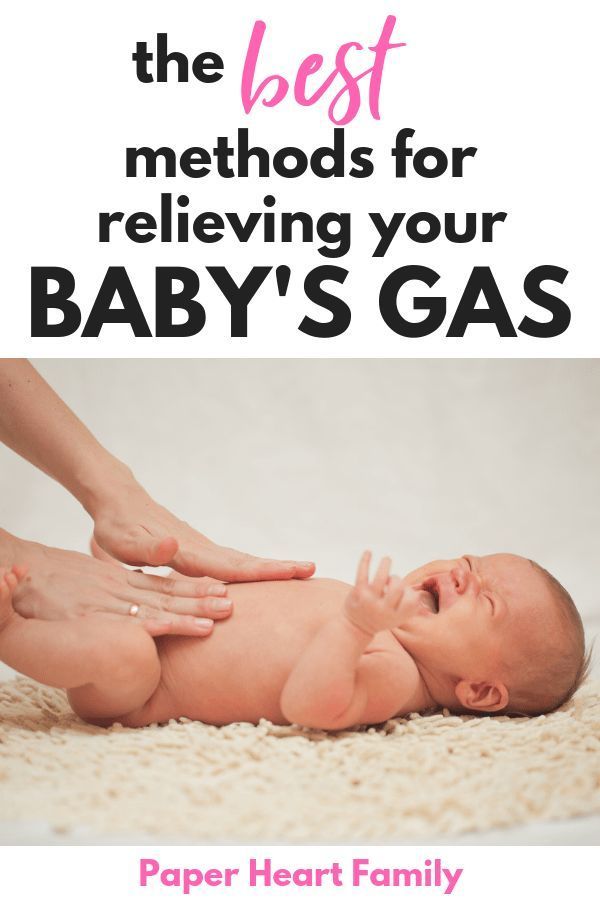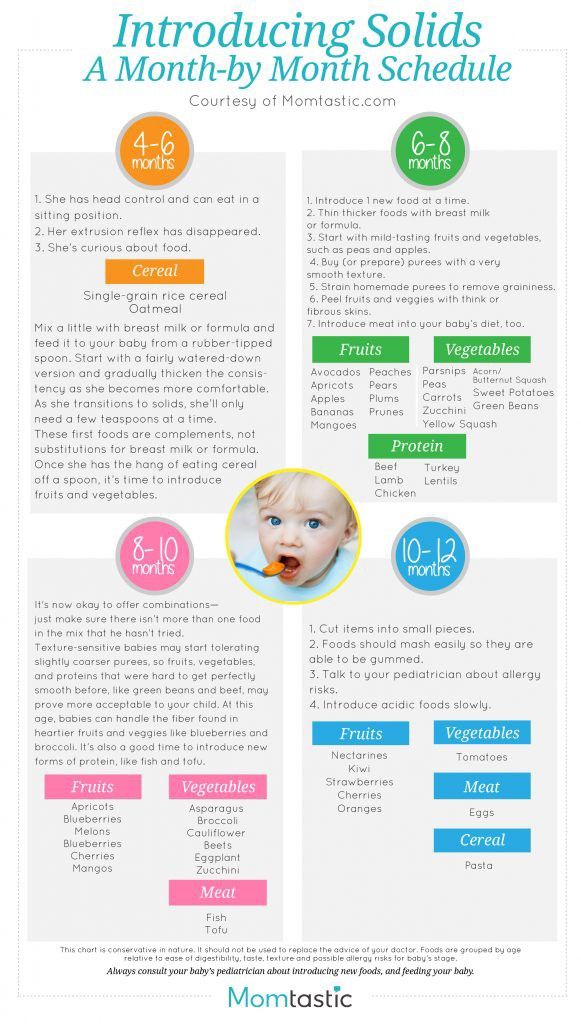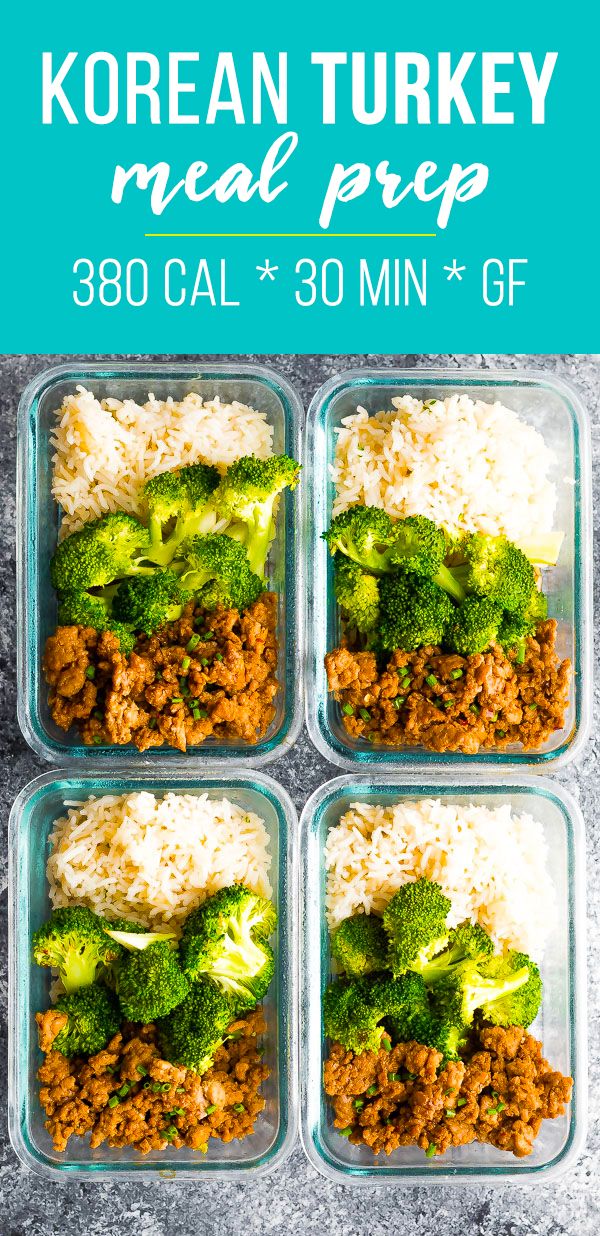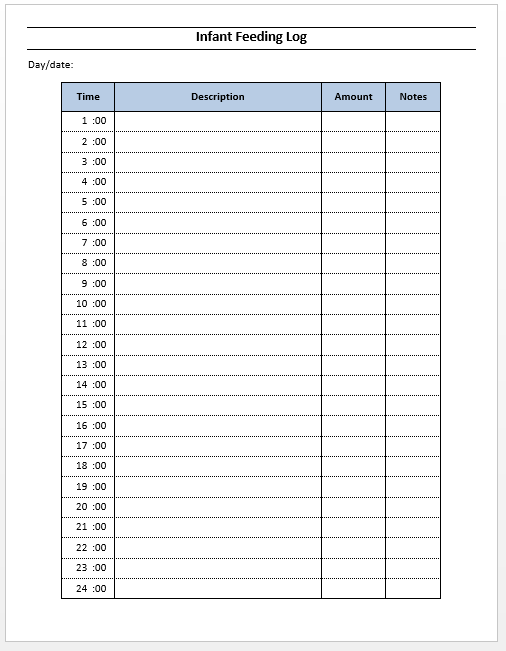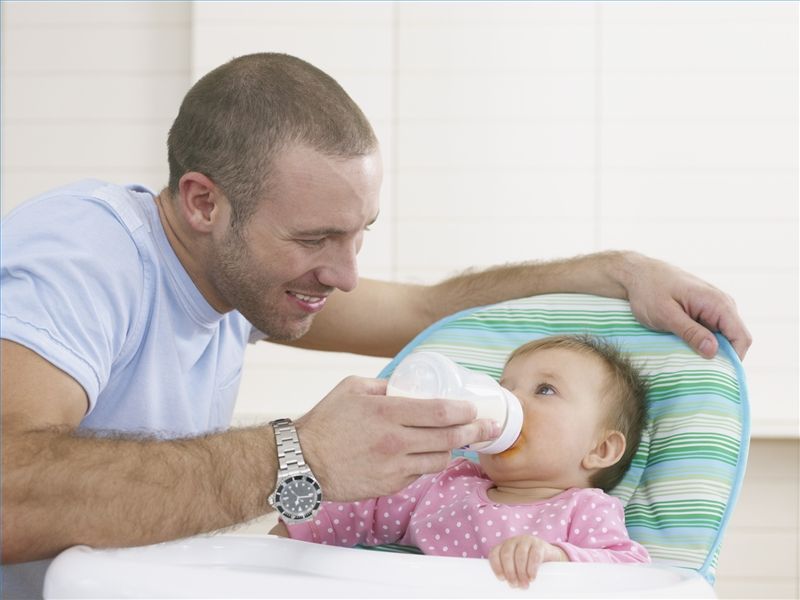Food breastfeeding gassy baby
What You Can Do To Help Your Gassy Breastfed Baby
What are some common culprits behind your baby's gassiness? Learn the signs, foods that may cause gassiness in your baby, and how to soothe and relieve his or her symptoms.
Share this content
As a new parent, it can be stressful and upsetting to see and hear your baby cry. That’s especially true if you've checked off all the usual suspects— dirty diaper, empty belly, discomfort, or over-tiredness —and you still can’t seem to soothe your little one.
Gas is something that many newborns experience, and it can be painful for them! It isn't always the first thing that parents remember to consider, since it's not something easily visible.
Signs Your Breastfed Baby is Gassy
If you suspect excess gas could be the culprit causing your baby’s fussiness, there are several signs that may indicate you are correct:
- Burping. It’s possible your baby has swallowed too much air while nursing or crying for a long period.
- Spitting up. While spitting up is perfectly normal, gas that’s trapped in the stomach can push breast milk back up and cause your baby to spit up.
- Bloated tummy. This could be a sign that gas has built up in your baby’s stomach.
- Flatulence. Every baby toots, but if they’re doing so excessively, it could mean they have excess gas.
- Arched back, legs drawn toward the tummy. The discomfort from gas pains will make a baby try to adjust to alleviate it.
Gassy Baby Causes
Gas in a breastfed baby is not uncommon and can be attributed to several factors:
- Gulping while feeding. If your milk let-down reflex is strong, your baby may gulp your milk to keep up and swallow extra air in the process. If that’s the case, your little one may do better nursing in a more upright position, so he or she has better control over milk intake and flow.
- Introducing a bottle.
 If your baby is used to the breast and you begin feeding with a bottle, it may take some getting used to at first. As a result, he or she may swallow too much air while eating.
If your baby is used to the breast and you begin feeding with a bottle, it may take some getting used to at first. As a result, he or she may swallow too much air while eating. - Constipation. When your baby is constipated, they may have gas trapped in their tummies that they’re having a hard time releasing.
- Crying. If your baby has been crying for a long time, they may be gulping in air in the process.
- Mom’s diet. Food that you’ve eaten can make your baby gassy as well. Certain foods such as dairy, soy or wheat may contribute to gassiness in your little one. Keep a food journal of what you eat to see if you can pinpoint the culprit in your diet.
Foods That Make Breastfed Babies Gassy
Though a baby’s gas is not commonly linked to mom’s diet, there are certain gas-inducing foods that could give both a breastfeeding mom and her baby gas. These include:
- Fiber. Foods like bran, beans, and whole grains.
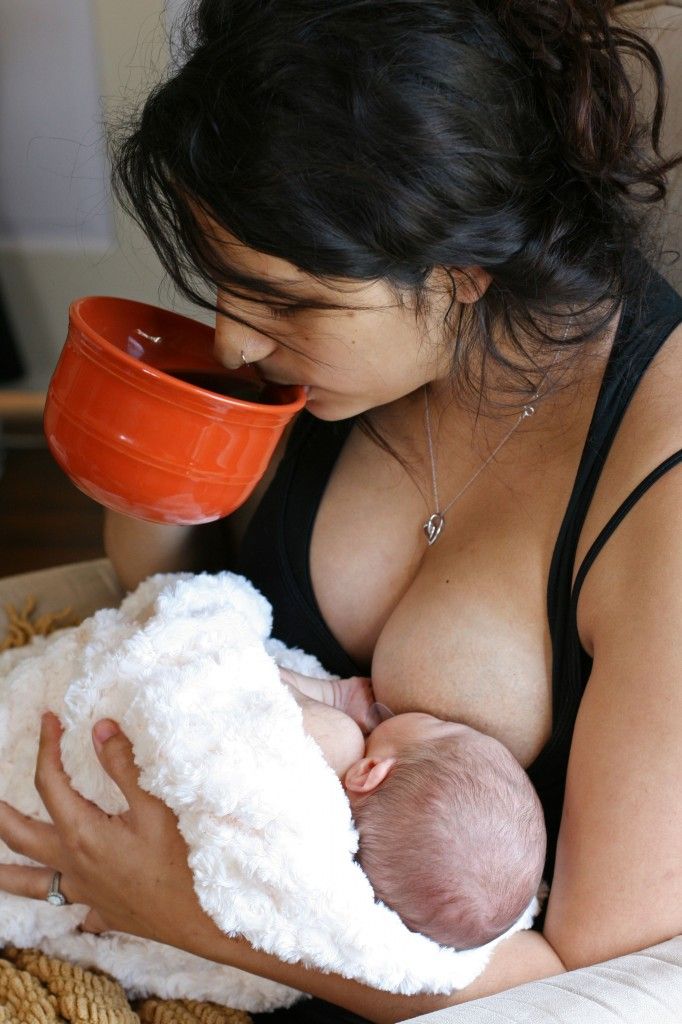
- Fruit. Citrus fruits, prunes, plums, peaches, or apricots.
- Vegetables. Broccoli, cabbage, and Brussel sprouts.
- Garlic. Garlic-seasoned foods like pasta dishes or garlic bread.
- Dairy. Yogurt, ice cream, or milk products.
- Carbonated beverages. If they make you burp, they could make your baby gassy too.
It’s not necessary to give up all your favorite foods when pregnant and/or breastfeeding. Health experts recommend only making dietary changes if you see a direct connection between something you’ve eaten and your baby's gassiness.
Additionally, if you’re still breastfeeding after your little one begins solids or finger foods, it’s easier to detect what food might be the culprit and then eliminate it.
Relieving Gassy Babies
There are several effective ways to help relieve your baby’s gas pains and soothe them. Try a combination of these to find what works best for your little one.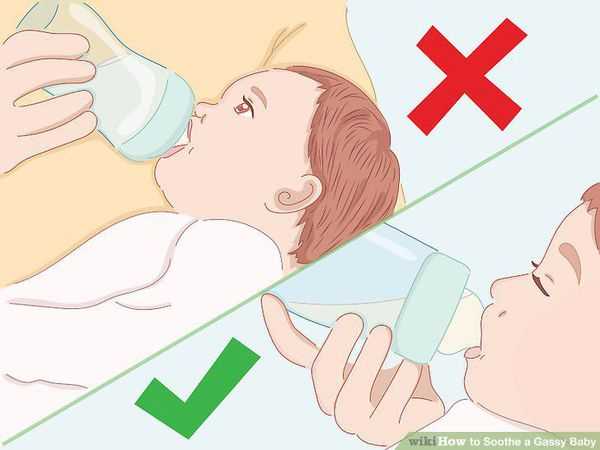
- Burp twice. Try to coax two burps out of your baby instead of just one.
- Sit upright. Hold your baby in an upright position while burping. This makes it easier to expel gas.
- Tummy time. Laying your baby on their tummy will help to push gas out.
- Bicycle exercises. Put your baby on his or her back and move their legs in a pedaling motion, similar to cycling on a bike. This helps with constipation as well.
- Massage the tummy. A gentle massage can help move gas out.
- Adjust baby’s latch. Make sure your baby is latching correctly to avoid swallowing too much air.
Don't worry, mama - Gas is typically a normal occurrence and most babies experience gassiness from time to time! With some minor adjustments, you can soothe your little one and help them get through the discomfort of gas.
Foods to Eat and Foods to Avoid While Breastfeeding
We use essential and functional cookies, which are necessary to display our website correctly, and additional cookies to provide you with more personalized information and marketing.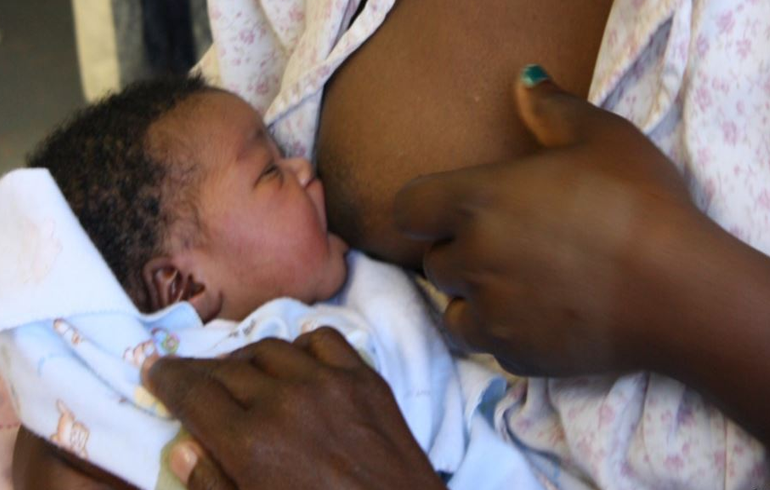 Additionally, we use anonymized analytics cookies to review our traffic and to allow the best experience possible whenever you visit. We also share the anonymized information about your use of our site with analytics partners. For more information please visit our Human Milk Website Privacy & Cookie Policy.
Additionally, we use anonymized analytics cookies to review our traffic and to allow the best experience possible whenever you visit. We also share the anonymized information about your use of our site with analytics partners. For more information please visit our Human Milk Website Privacy & Cookie Policy.
Cart
Added to your cart!
Checkout
View Cart
Buy/Rent A Pump Sign InBreast Pump Rental Free Breast Pump Join Medela Family Bundle + Save
All Products Holiday Bundles Breast Pumps Storage Feeding Accessories Spare Parts Cleaning Apparel Breast Care
Breast Pump Rental Breastfeeding Guide Ask the LC NICU Feeding Product Help
- Medela US
- Breastfeeding Education, Tools, and Support
- Breastfeeding Guide
- The Breastfeeding Diet: How Food Affects Your Milk
What you consume while breastfeeding matters! Here's a look at how what you eat can affect everything from the taste and smell to even the color of your breast milk.
Share this content
Did you know the flavor of your breast milk can change depending on the food or beverages you consume? Your baby may be hesitant to nurse if your breast milk's flavor changes drastically after garlic or spicy foods. See our guidance below on foods to avoid while breastfeeding as you consider your postpartum breastfeeding diet, what to eat, and what not to eat.
Your diet and breast milk are closely intertwined, so what you put into your body on a daily basis can affect your breast milk as well as your little one's feeding habits.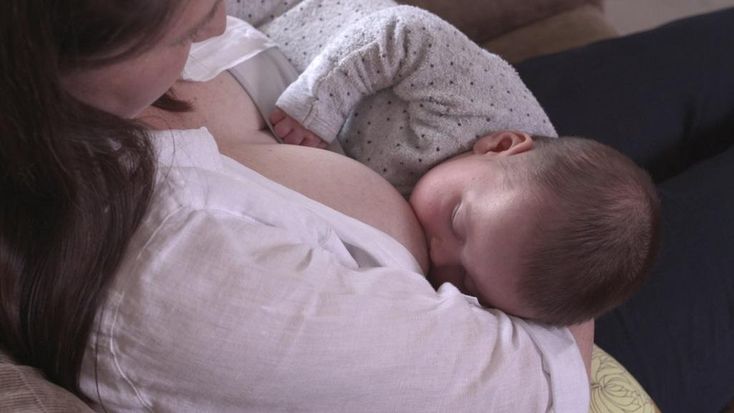 Check out these tips to make sure you stay on track and give your body all it needs to nourish you and your baby.
Check out these tips to make sure you stay on track and give your body all it needs to nourish you and your baby.
Foods to Eat While Breastfeeding
While you had to watch your food choices closely during pregnancy, breastfeeding allows for a larger range of foods and fewer restrictions. That said, keep eating your rainbow of fruits and veggies and a variety of healthy foods from all food groups. Ensuring these things are incorporated into your breastfeeding diet will benefit you and your baby with nutrients and energy. Bonus - the varying tastes of your breast milk may even help your baby be a less picky eater in the future!
Don't Count Calories
Breastfeeding burns 300 to 500 calories a day, so you’re probably feeling hungry more often when nursing. Because of the calories you're already burning, now’s not the time to crash-diet yourself back to your pre-pregnancy weight. Feed your body what it needs and don’t worry about the calories. Your body needs them to continue making that liquid gold for your little one.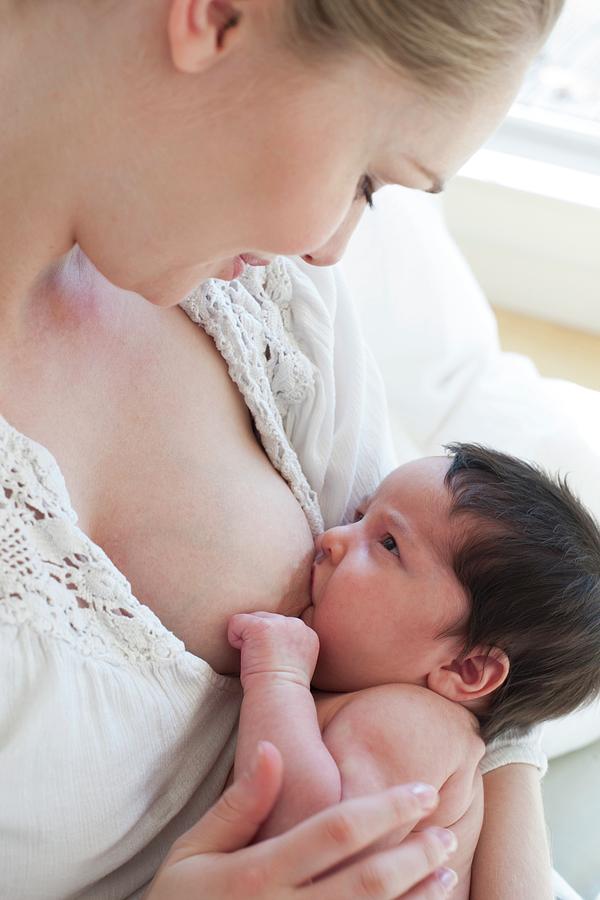
Stay Hydrated
Water, water everywhere – and you should be drinking it! Your body needs hydration to support your energy, health, and general well-being. So, make sure you keep water bottles stashed at your nursing station or around the house where they’re easily accessible, and remind yourself to sip throughout the day.
Limit Caffeine While Breastfeeding
We get it! You’re a mom and you are exhausted! If you’re reaching for your coffee mug or an energy drink as part of your daily routine, be sure to limit your caffeine intake to 500 mg a day (about three 8-ounce cups of regular coffee or three and a half 16-ounce energy drinks, but confirm by verifying caffeine on ingredient labels). This is because some sensitive babies may become extra fussy or wakeful if caffeine is present in the breast milk they drink.
Be Aware of Baby's Potential Food Sensitivities
You may notice fussiness or gassiness in your baby after you consume certain foods such as dairy, soy, or wheat.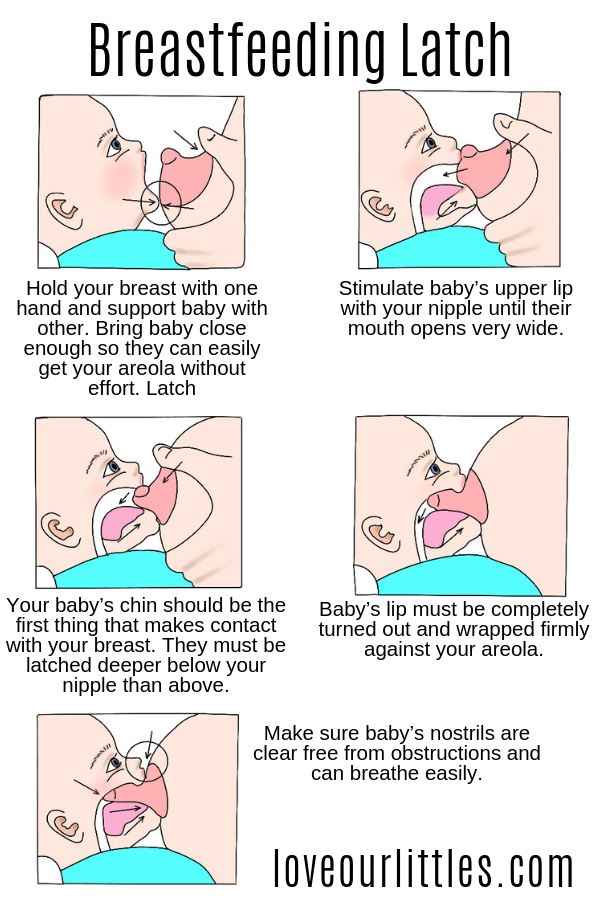 Keeping a food journal to track the reactions as you eliminate or add back in foods can help to pinpoint the culprit in your diet and breast milk.
Keeping a food journal to track the reactions as you eliminate or add back in foods can help to pinpoint the culprit in your diet and breast milk.
Drinking Alcohol Can Affect Your Breast Milk
It’s important to be fully informed when making your decision about if and how much alcohol you’ll have while breastfeeding. Most professional sources suggest a limit of 1-2 drinks per week, and only consuming 8 ounces of wine or 2 beers in one sitting. If you do partake, it’s recommended to wait at least 2 hours before breastfeeding.
The Impact of Medications and Herbs on Breast Milk
Many over-the-counter medications and prescriptions are considered safe to take while breastfeeding, but it’s always better to be cautious and first talk to your healthcare provider before taking any new medications. If you’re taking herbs or other natural remedies, keep in mind that just because it’s natural doesn’t necessarily mean it’s safe. Again, confirm with your healthcare provider first to ensure whatever you’re ingesting won’t negatively impact your breast milk supply, or your baby.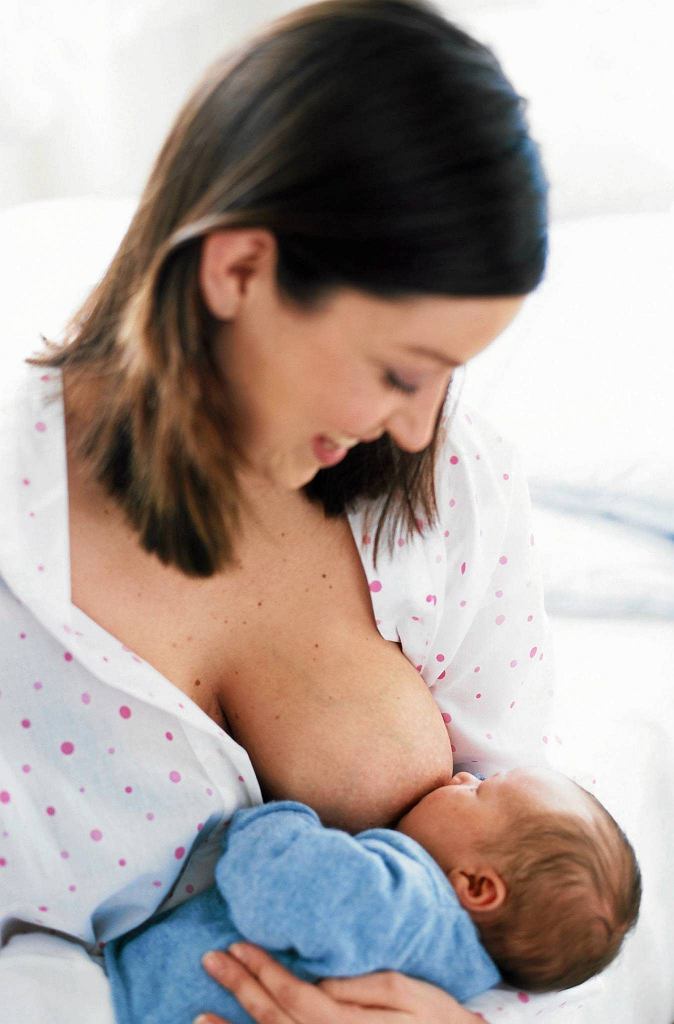
You're putting in the effort to give your baby the perfect food – breast milk – and taking care of what you eat can ensure that you are both happy, healthy, and thriving on your breastfeeding journey.
What to eat while breastfeeding | Breastfeeding Diet
You know that breast milk is the best food for your baby. What about your own nutrition while breastfeeding? We asked the nutritionist a few questions about the nutrition of a nursing mother.
Share this information
Priya Tew, UK-based registered dietitian :
Priya is a nutritionist, M.D., multi-award winning member of the British Dietetic Association and the Health Professions Council. She has three children, and she breastfed each of them for up to 18 months.
During breastfeeding, there is no need to follow a special diet, the main thing is that your diet is balanced. It should include plenty of fruits and vegetables, whole grains such as oats, brown rice, various cereals, and breads labeled "whole grain", "wholemeal" or "wholemeal". These foods, along with potatoes, pasta, and couscous, are high in starch, an important source of energy.
These foods, along with potatoes, pasta, and couscous, are high in starch, an important source of energy.
In addition, you need lean proteins found in chicken, eggs, legumes, lentils, fish, and lean beef, as well as healthy fats found in olive oil, nuts, seeds, avocados, and fatty fish such as salmon and mackerel. Oily fish is very good for your health and development of your baby, but you should not eat more than two servings per week (about 140 g), as it may contain harmful impurities. 1
Should I take vitamins while breastfeeding?
The most important is vitamin D. It is essential for healthy bones, you and your baby. We get most of this vitamin from the sun. If you live in a region with insufficient solar activity, especially in winter, your body may lack it. In this case, the doctor may advise taking vitamin D supplements. 2
You also need to get enough calcium, as it is excreted from the body during breastfeeding. 3 Try to eat four servings of foods rich in this mineral a day.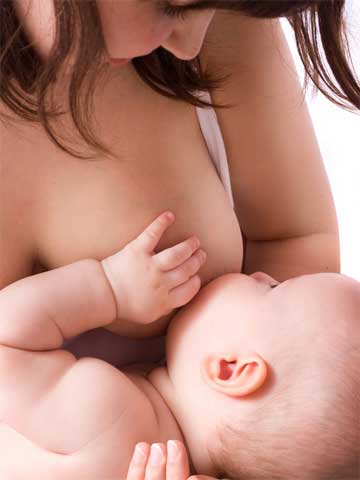 These can be dairy products such as milk, yogurt, and cheese, or non-dairy products such as nuts, tofu, sesame seeds, and leafy vegetables. One serving may consist of, for example, half a cup of green vegetables or a small piece of cheese (50 g).
These can be dairy products such as milk, yogurt, and cheese, or non-dairy products such as nuts, tofu, sesame seeds, and leafy vegetables. One serving may consist of, for example, half a cup of green vegetables or a small piece of cheese (50 g).
What foods should I avoid while breastfeeding?
The good news is that you can eat almost anything while breastfeeding. Only the consumption of oily fish should be limited. In small quantities, even caffeine is acceptable - more on this below.
If you are not allergic to peanuts, there is no reason to deny yourself products that contain peanuts. Recent studies show that if you eat peanuts while breastfeeding and gradually introduce them into your baby's diet during the first year, your baby will be less likely to become allergic to them in the future. 4
Are extra calories needed while breastfeeding?
Breastfeeding mothers need about 500 more calories a day. 5 But every mother is unique and your energy needs will change throughout your breastfeeding period. The number of calories you need depends on your baby's age, appetite, height, and weight, as well as your body mass index (BMI), your activity, and factors such as whether you are exclusively breastfeeding or not, and whether you are breastfeeding twins or multiple babies.
The number of calories you need depends on your baby's age, appetite, height, and weight, as well as your body mass index (BMI), your activity, and factors such as whether you are exclusively breastfeeding or not, and whether you are breastfeeding twins or multiple babies.
Can I go on a diet while breastfeeding?
Trying to lose weight while breastfeeding is not a good idea because you need to get enough nutrients for you and your baby. The fat accumulated during pregnancy is used to produce milk, so breastfeeding in itself will help you shed those extra pounds.
If your weight changes by more than 1 kg per week, check if you are eating a healthy and balanced diet and adjust if necessary. You can also ask your doctor for advice.
How can I find time to prepare healthy meals?
Having devoted yourself to feeding a child, you can forget about your own nutrition. However, it is important to ensure that your diet does not consist only of sweets and cookies. Of course, sweet snacks are easy and quick, but they do not bring any benefit to your body.
Of course, sweet snacks are easy and quick, but they do not bring any benefit to your body.
Opt for quick yet nutritious meals like scrambled eggs with spinach or fried chicken with brown rice. Oatmeal is great for breakfast, as it provides a slow release of energy from grains and soluble dietary fiber, which is what you need to restore strength in the morning after a night of breastfeeding.
Store pre-cut fruits and vegetables in the refrigerator for light snacks, or carry unsalted nuts in your bag. It's much easier than peeling tangerines with one hand while holding a baby with the other.
Should I drink more water while breastfeeding?
Breastfeeding can make you thirsty, so it's important to drink enough water. A person needs six to eight glasses of fluid a day, and even more if breastfeeding. 6 Make it a habit to drink a glass of water, milk or fruit juice without sugar every time you feed your baby.
I love coffee. Do I need to quit caffeine?
Coffee, like everything you eat or drink, passes into your breast milk, so it is advisable to limit your intake while breastfeeding.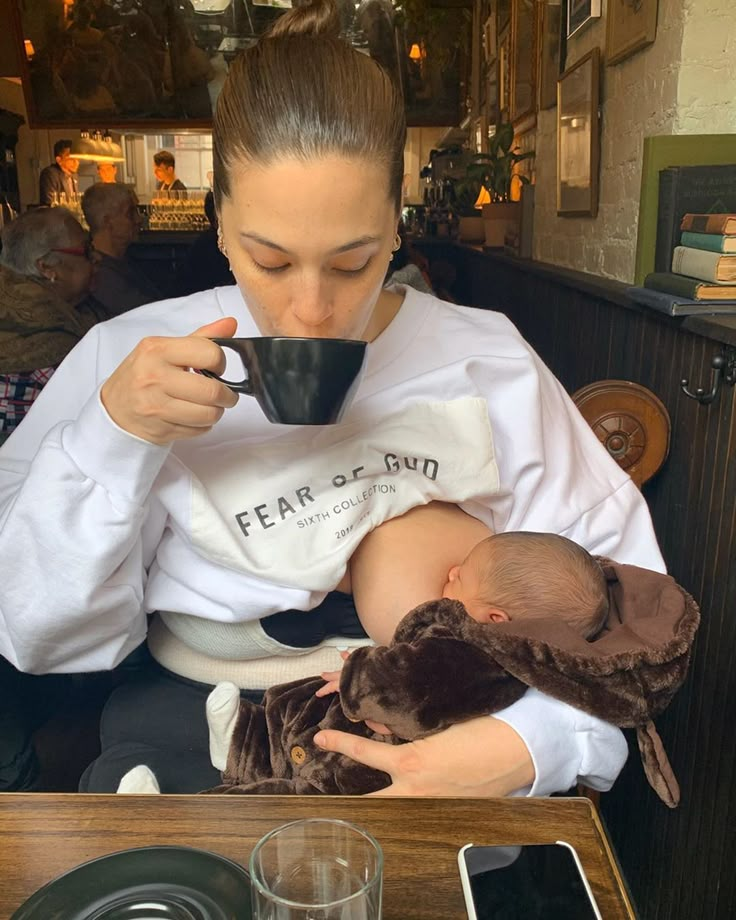 Legal coffee limits vary by country, but the average recommendation is not to exceed 200-300 mg of caffeine per day (300 mg is equivalent to two cups of filtered coffee or four cups of tea). Talk to your doctor about the acceptable amount of coffee consumption for you. Also, don't forget that caffeine is found in cola and energy drinks, and a small bar of dark chocolate can contain up to 50 mg. 7
Legal coffee limits vary by country, but the average recommendation is not to exceed 200-300 mg of caffeine per day (300 mg is equivalent to two cups of filtered coffee or four cups of tea). Talk to your doctor about the acceptable amount of coffee consumption for you. Also, don't forget that caffeine is found in cola and energy drinks, and a small bar of dark chocolate can contain up to 50 mg. 7
If I eat a varied diet, will my baby be less picky?
Breast milk has the flavor of everything you eat. 8 Therefore, if you eat a variety of foods during breastfeeding, giving your baby different tastes to try, he may like them in the future.
If you like spicy and spicy foods, there is no reason to refuse them while breastfeeding. When my first child was born, I ate a lot of spicy food. When my daughter was two years old, we went to Sri Lanka, coincidence or not, but she ate absolutely everything.
Can something in my diet not be suitable for a child?
At an early age, babies often suffer from colic or are picky eaters, so mothers naturally wonder if their diet is causing this. Probably not. Studies show that the proportion of children who are allergic to any component of breast milk is only slightly more than 1%. 9 Cow's milk, eggs, corn, and soy proteins in moms' diets are much more likely to cause allergic reactions than spicy foods, hot sauces, or cruciferous vegetables, which moms usually worry about.
Probably not. Studies show that the proportion of children who are allergic to any component of breast milk is only slightly more than 1%. 9 Cow's milk, eggs, corn, and soy proteins in moms' diets are much more likely to cause allergic reactions than spicy foods, hot sauces, or cruciferous vegetables, which moms usually worry about.
If your baby is allergic to substances in your milk, it can cause profuse vomiting, rash, bloody stools, or prolonged constipation. If your baby has an intolerance to any food, you will notice symptoms such as moodiness and crying after feeding, burping, diarrhea, or the baby will press his knees to his chest. Contact your doctor if something is bothering you. He may suggest eliminating certain foods for a couple of weeks, and then see if the child's behavior changes after eating them again.
You can also keep a food diary: write down everything you eat and drink, as well as your child's symptoms, and you may notice some patterns.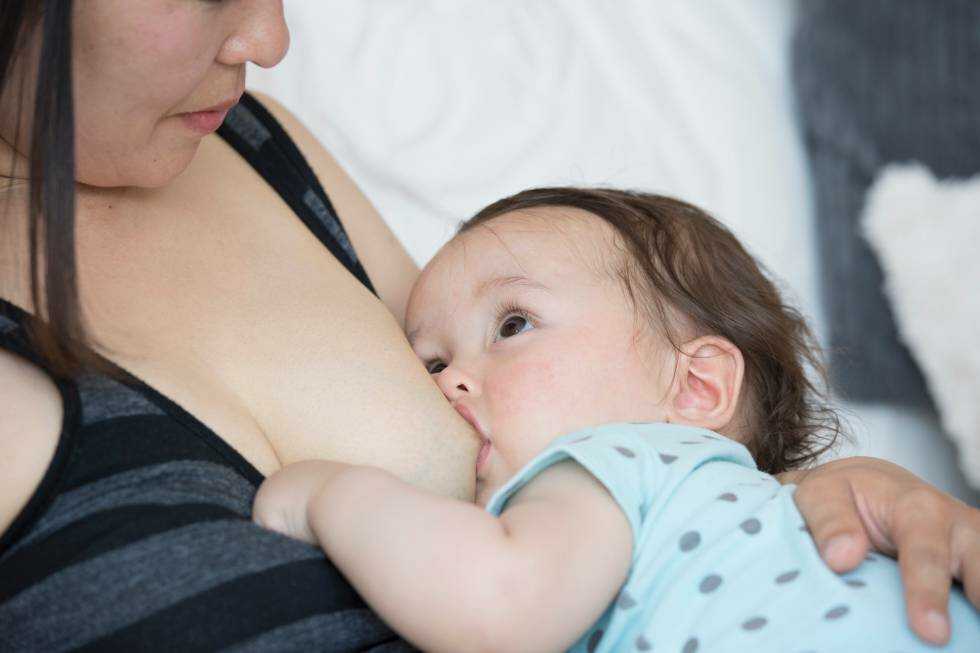 However, before cutting out any foods, such as dairy, always check with your doctor, as it's important to know that you're getting the nutrients you need from other sources. Depending on where you live, you will be referred to a nutritionist or other specialist.
However, before cutting out any foods, such as dairy, always check with your doctor, as it's important to know that you're getting the nutrients you need from other sources. Depending on where you live, you will be referred to a nutritionist or other specialist.
Does a vegetarian diet affect breast milk?
If you are getting enough calories and all the nutrients your body needs (carbohydrates, proteins, fats, vitamins and minerals), then you have nothing to worry about. A vegetarian or vegan diet requires plenty of vitamin B12, vitamin D, calcium, and omega-3 fatty acids while breastfeeding, so opt for foods and supplements that provide you with these essential nutrients.
If you are on a vegetarian, vegan, macrobiotic, or other special diet, you may need additional medical advice to make sure you are getting all the nutrients your baby needs.
Literature
1 National Health Service (NHS) [Internet]. Burnley, UK: Department of Health; 2018.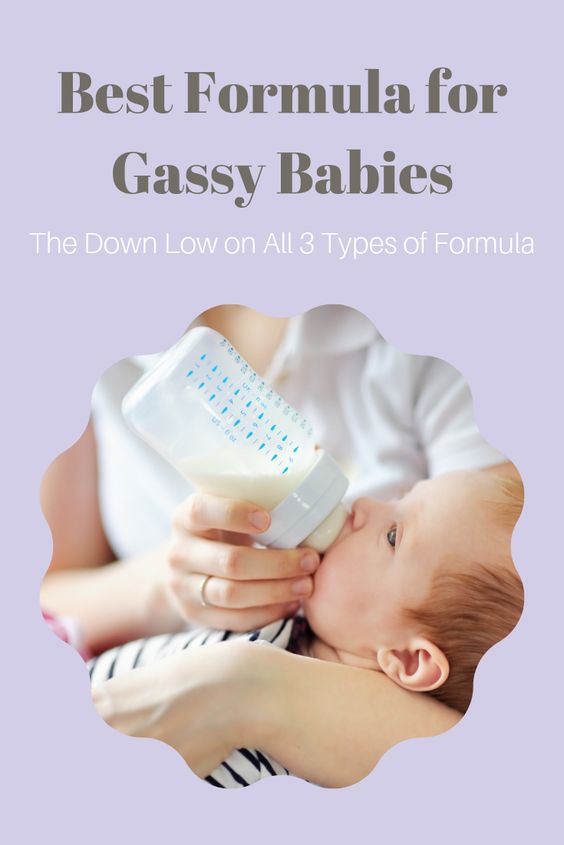 Should pregnant and breastfeeding women avoid some types of fish?; 2015 Jul 06 [cited 2018 Apr 12]; Available from: https://www.nhs.uk/chq/Pages/should-pregnant-and-breastfeeding-women-avoid-some-types-of-fish.aspx - National Health Service (NHS) [Internet]. Burnley, UK: Department of Health; 2018. "Should a pregnant and lactating woman refrain from eating certain types of fish?"; July 6, 2015 [cited April 12, 2018]; See article on site https://www.nhs.uk/chq/Pages/should-pregnant-and-breastfeeding-women-avoid-some-types-of-fish.aspx
Should pregnant and breastfeeding women avoid some types of fish?; 2015 Jul 06 [cited 2018 Apr 12]; Available from: https://www.nhs.uk/chq/Pages/should-pregnant-and-breastfeeding-women-avoid-some-types-of-fish.aspx - National Health Service (NHS) [Internet]. Burnley, UK: Department of Health; 2018. "Should a pregnant and lactating woman refrain from eating certain types of fish?"; July 6, 2015 [cited April 12, 2018]; See article on site https://www.nhs.uk/chq/Pages/should-pregnant-and-breastfeeding-women-avoid-some-types-of-fish.aspx
2 Oberhelman SS et al. Maternal vitamin D supplementation to improve the vitamin D status of breast-fed infants: a randomized controlled trial. Mayo Clin Proc. 2013;88(12):1378–1387. - Oberhelman S.S. et al., Introduction of Vitamin D to the Diet of Nursing Mothers to Increase Vitamin D in children: a randomized controlled trial. Mayo Klin Prok.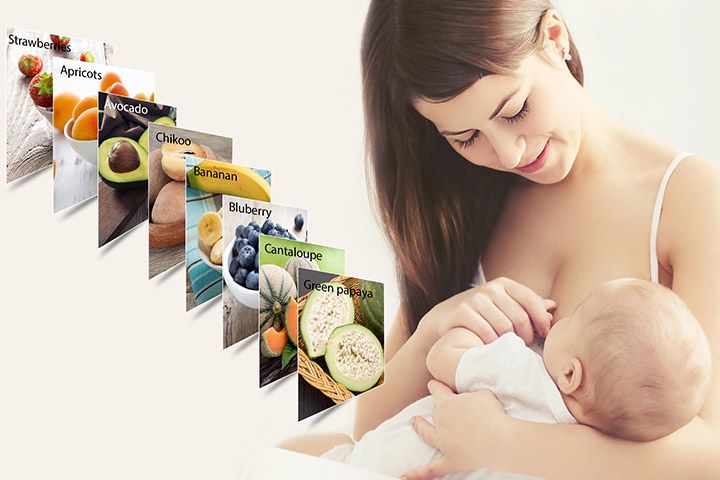 2013;88(12):1378–1387. : effects on the mother and the fetus. Am J Obstet Gynecol. 2006;194(4):937-945. - Thomas M., Weisman S. M., "Calcium supplementation during pregnancy and lactation: effects on the mother and on the fetus". Am J Obstet Ginekol (American Journal of Obstetrics and Gynecology). 2006;194(4):937-945.
2013;88(12):1378–1387. : effects on the mother and the fetus. Am J Obstet Gynecol. 2006;194(4):937-945. - Thomas M., Weisman S. M., "Calcium supplementation during pregnancy and lactation: effects on the mother and on the fetus". Am J Obstet Ginekol (American Journal of Obstetrics and Gynecology). 2006;194(4):937-945.
4 Pitt et al Reduced risk of peanut sensitization following exposure through breast-feeding and early peanut introduction. J Allergy Clinic Immunol. 2018;141(2):620-625. e 1 - Pitt et al., "Reducing the Risk of Peanut Allergy by Introducing Peanuts into the Breastfeeding Mother's Diet and as a Baby's First Food." G Allergy Clean Immunol. 2018;141(2):620-625.e1
5 Dewey KG. Energy and protein requirements during lactation. Annu Rev Nutr. 1997 Jul;17(1):19-36. - Dewey K. J.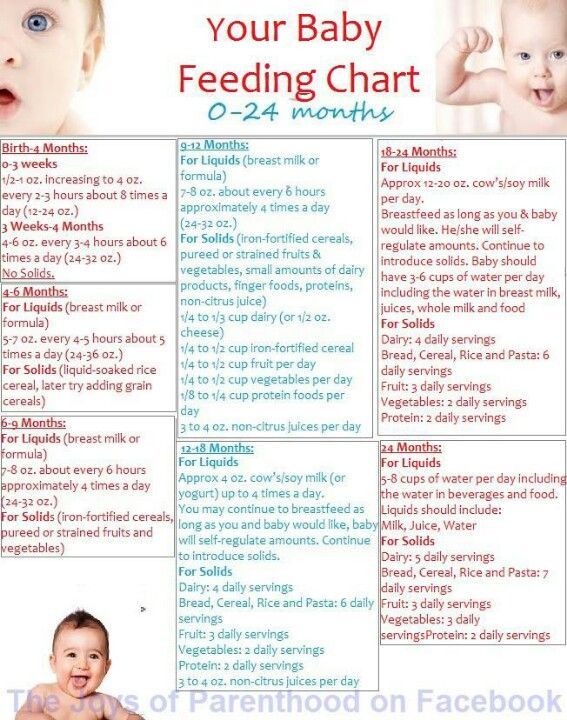 , "Energy and Protein Requirements During Lactation". Anna Rev Nutr . 1997 Jul;17(1):19-36.
, "Energy and Protein Requirements During Lactation". Anna Rev Nutr . 1997 Jul;17(1):19-36.
6 Food Standards Agency (FSA) [Internet]. London, UK: Crown copyright 2002. Eating for breastfeeding; [cited 2018 Apr 13]; Available from: https://www.food.gov.uk - Food Standards Agency (FSA) [Internet]. London, UK: State Copyright 2002. "Eat to feed" [cited April 13, 2018]. See article on https://www.food.gov.uk
7 National Health Service (NHS) [Internet]. Burnley, UK: Department of Health; 2018. Breastfeeding and diet; 2016 Jan 29 [cited 2018 Apr 12]; Available from: https://www.nhs.uk/conditions/pregnancy-and-baby/breastfeeding-diet - National Health Service (NHS) [Internet]. Burnley, UK: Department of Health 2018. Breastfeeding and Diet; 29 January 2016 [cited 12 April 2018] See article at https://www.nhs.uk/conditions/pregnancy -and-baby/breastfeeding-diet
8 Mennella JA et al.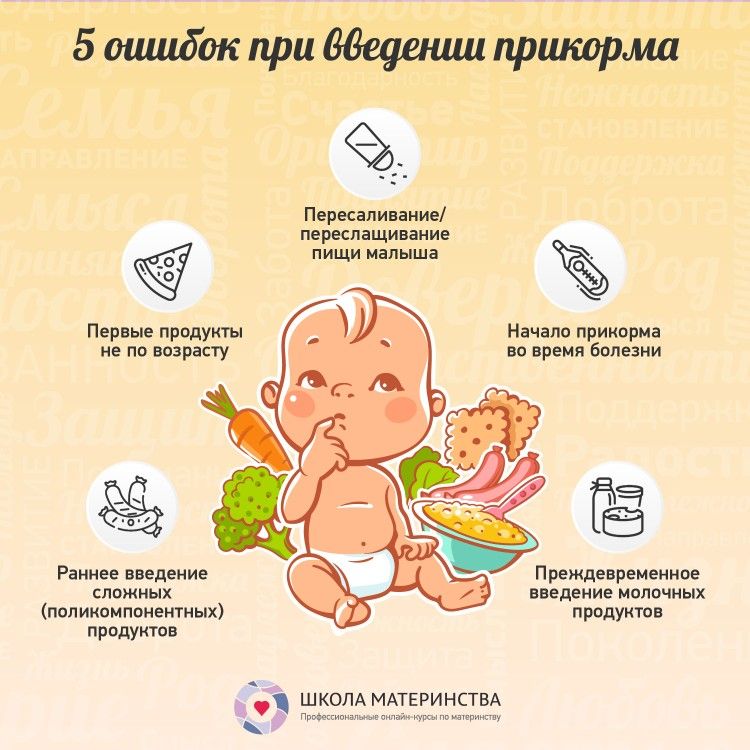 A. et al., Prenatal and postnatal recognition of odors in children. Pediatrix (Pediatrics). 2001;107(6):e88.
A. et al., Prenatal and postnatal recognition of odors in children. Pediatrix (Pediatrics). 2001;107(6):e88.
9 Academy of Breastfeeding Medicine. ABM clinical protocol# 24: allergic proctocolitis in the exclusively breastfed infant. Breastfeed Med . 2011;6(6). - Academy of Breastfeeding Medicine. "AVM Clinical Protocol #24: Allergic Proctocolitis in an Exclusively Breastfed Child". Brestfeed Med (Breastfeeding Medicine). 2011;6(6).
why a mother's diet should be balanced, what foods are not allowed, and which are possible with breastfeeding
Are there any dietary restrictions for a nursing mother? Are there really forbidden foods that can cause allergies in a child?
The maternity hospital gave you a diet to follow while breastfeeding. How strictly should it be followed? Do I need to increase portions and drink more fluids to get a lot of milk? I also heard that some products, such as lemons, can spoil the taste of milk, and the child will refuse to breastfeed altogether. This is true?
This is true?
Vika Vishnyakova
nutritionist
Author profile
The diet of a nursing mother is an old myth that still lives in some Russian maternity hospitals and children's clinics.
The more varied the mother's diet during breastfeeding, the more health bonuses both she and her baby will receive. Most likely, with a balanced and varied diet, your weight will return to pre-pregnancy, but even if this has not happened yet, the breastfeeding period is not the best time to lose weight. You need to provide yourself and your baby with the proper level of nutrients, and this is difficult to do on rigid diets.
However, there are still foods that you should stay away from. I'll tell you more about everything.
What the science says about nutrition during breastfeeding
The diet of a nursing mother appeared at a time when knowledge about the nature of allergies was not enough. Not fully understanding the whole mechanism of its appearance, doctors, just in case, postponed acquaintance with potential allergens until later.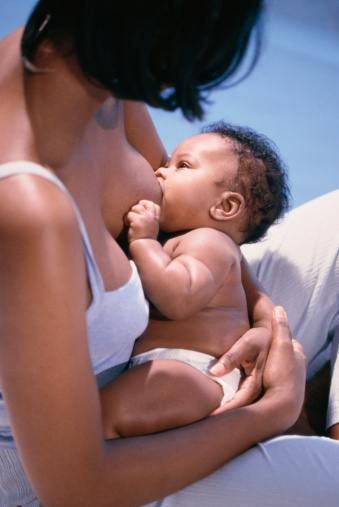 It was believed that by the age of three, the child's immune system would mature and be able to withstand the encounter with the allergen.
It was believed that by the age of three, the child's immune system would mature and be able to withstand the encounter with the allergen.
What to do? 08/13/20
What should I do if I suspect I have an allergy?
In reality, everything turned out differently: the earlier the child got acquainted with the potential allergen, the lower was the risk that he would develop an allergy. In modern recommendations for the diagnosis and treatment of food allergies in children, mothers are advised not to limit the diet, but to try to make it more varied.
Guidelines for the Diagnosis and Management of Food Allergy in Children - KFAPDF, KB 361
This is the position of leading child health organizations: the best nutrition for a mother during breastfeeding is a balanced and varied diet.
Healthy Diet During Pregnancy and Breastfeeding - WHO European OfficePDF, KB 93
Breastfeeding Diet - US Centers for Disease Control and Prevention
all five food groups:
- Vegetables and fruits.

- Complex carbohydrates: cereals, bread, potatoes.
- Protein sources.
- Dairy products.
- Fats and oils.
And you also need to maintain diversity in each group. For example, eat vegetables and fruits of different colors, use not only meat, but also fish, eggs and legumes with nuts from protein sources.
Breastfeeding Mom's Diet Advice - US Department of Health
And the ratio of animal to vegetable proteins should be approximately the same. Among complex carbohydrates, you should give preference to whole grains and also do not forget about diversity. It turns out that buckwheat and boiled turkey for breakfast, lunch and dinner every day is not a healthy diet option for mom.
Breastfeeding - European Community of Pediatrics, Gastroenterologists, Hepatologists and Nutritionists Commentary
Health Canada Diet If your diet is balanced and varied, do not take supplements or multivitamins, except for vitamin D.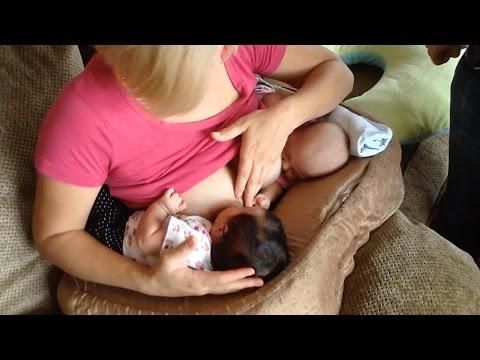 They are needed in rare cases when the diet of a nursing mother is poor or there are health problems. But the doctor should prescribe the composition and dosage of supplements during breastfeeding.
They are needed in rare cases when the diet of a nursing mother is poor or there are health problems. But the doctor should prescribe the composition and dosage of supplements during breastfeeding.
Your appetite will probably increase, this is normal. The US Centers for Disease Control and Prevention estimates that a breastfeeding mother may need up to 500 calories in excess of her usual calorie intake to ensure adequate milk supply. But those 500 calories should come from healthier food sources, not soda chips.
/guide/vitamins/
Vitamins: what foods contain and how to supplement
Why a balanced diet is important
Such a diet will help maintain the health of the mother and provide the necessary nutrients to the child. During breastfeeding, it is important to provide yourself with the proper amount of energy, protein, and some important micronutrients: iron, calcium, vitamin D, and folic acid.
These micronutrients may not be enough, because during pregnancy and the onset of breastfeeding, some of them are spent on the needs of the fetus, and then the baby. You can get these substances from dark green vegetables: spinach, broccoli, green beans, as well as dairy products, eggs, legumes, meat and fish.
You can get these substances from dark green vegetables: spinach, broccoli, green beans, as well as dairy products, eggs, legumes, meat and fish.
/life/laktaciya/
How much does breastfeeding cost? . In addition, the child is more likely to follow the family's eating style as they grow older. The more varied and healthier your diet, the greater the chances of accustoming a child to it.
But unhealthy eating habits can lead to future weight gain and negatively affect food cravings. A study of 1,459 mother-baby pairs found that high body mass index and unhealthy eating habits were more common among children whose mothers followed the so-called Western style of eating, which is high in ultra-processed foods, high-calorie, sweet and fatty.
What not to be afraid of in the diet
Mothers often blame their diet on the baby's restless behavior or minor skin rashes.
The American Academy of Pediatrics states that only 2-3 out of 100 breastfeeding babies are allergic to any food in the mother's diet.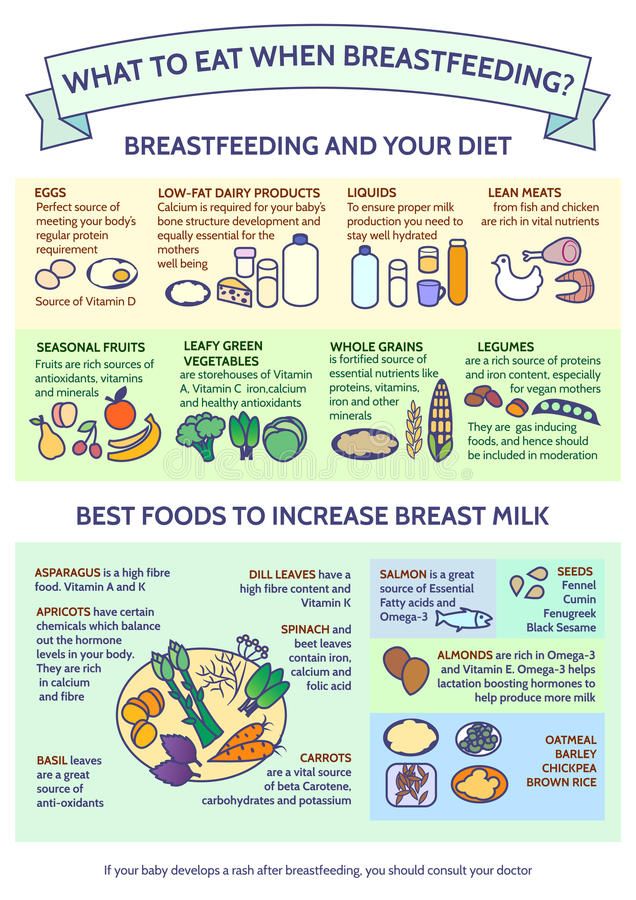
But by blaming everything on food, we mask the real problem or, conversely, overestimate the significance of some ordinary phenomena, such as newborn acne or prickly heat. If in doubt what kind of rash it is, talk to a competent pediatrician. If the pediatrician suspects a connection between a child’s poor health and food, he will ask you to keep a food diary - this way there will be a potential culprit.
/colic/
How to help a newborn with colic
By eliminating this product for 1-2 weeks, you will either confirm the hypothesis or continue to look for another suspect. But you don’t need to immediately remove all the products: this can lead to an imbalance in nutrition, fatigue, nervousness and poor health.
If a pediatrician forbids eating certain foods without complaints about the child's well-being, this is a reason to look for a second opinion. Here are the foods that pediatricians often ban.
Cow's milk.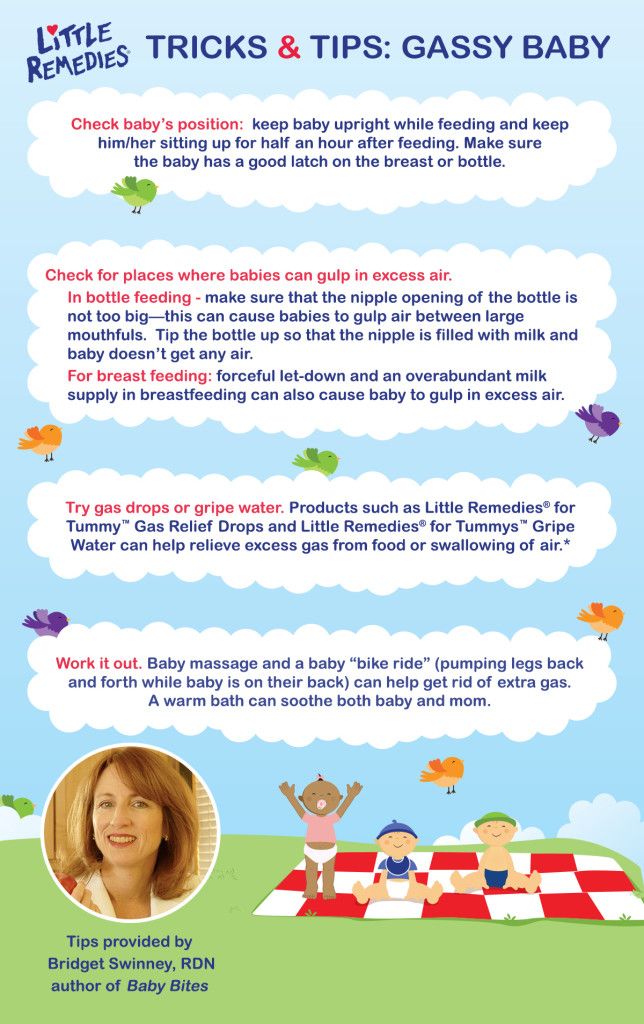 In those children who have a reaction to their mother's food, most often it happens to cow's milk: the baby may experience abdominal discomfort, colic, skin rash.
In those children who have a reaction to their mother's food, most often it happens to cow's milk: the baby may experience abdominal discomfort, colic, skin rash.
But excluding cow's milk in advance, just in case, will not lead to the prevention of allergies in a child. On the contrary, a 2021 Swedish study found that babies whose mothers drink relatively more cow's milk during breastfeeding have a lower risk of developing food allergies than those whose mothers drink little or no milk. The same is true for other potential allergens: if they are excluded, this will not help to avoid allergies in the future, but, on the contrary, will increase the risk of its occurrence.
No need to remove potential allergens from the diet
Valentina Suvorova
pediatric allergist-immunologist
There are foods that are potentially allergenic: milk, eggs, fish, peanuts, soy. To date, there is not enough scientific evidence to recommend that breastfeeding mothers restrict their diet.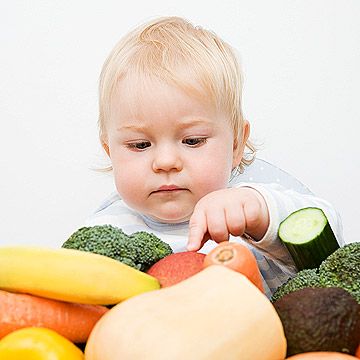 There are no differences in the prevalence of allergic diseases in the groups of nursing mothers who avoided milk, eggs and other allergens, and mothers who did not follow any diet.
There are no differences in the prevalence of allergic diseases in the groups of nursing mothers who avoided milk, eggs and other allergens, and mothers who did not follow any diet.
Fish. Separately, it should be said about fish: it is an important part of a balanced diet for any person, especially a nursing mother. Eating fish affects the proper development of the brain and nervous system of the child and reduces the risks of obesity, asthma and allergies in him at an older age.
Mom's fish intake and baby's cognitive development - MDPIPDF, 523KB
Omega-3s and reducing the risk of allergies in the unborn baby - PLOS Medicine
Two servings a week are enough to keep mother and baby healthy. One serving is your palm without fingers.
Limit swordfish, marlin, bigeye tuna, king mackerel or shark. This is due to the high risk of exceeding the permissible level of mercury in their meat. Such types of fish are rarely found in Russia, but if you live in another country or order them specially from afar, then show moderation.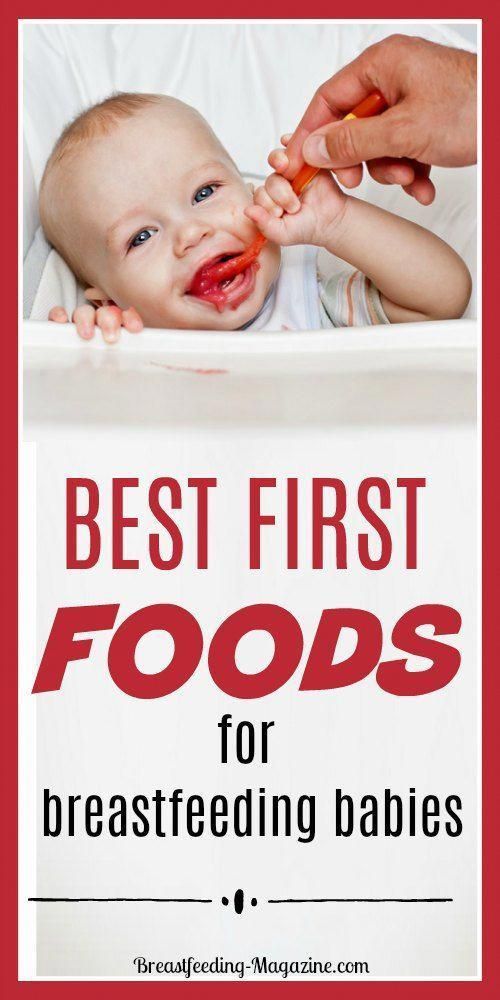 It is better to give preference to other options: salmon, herring, saury, cod.
It is better to give preference to other options: salmon, herring, saury, cod.
Foods that give mom gas. There is a myth that a mother and her baby have the same reaction to foods. In reality, gases from the gastrointestinal tract of the mother cannot enter the bloodstream and from there into breast milk, so the discomfort in the mother does not mean the obligatory colic in the baby.
However, when food is digested, certain proteins enter the bloodstream and can then pass into mother's milk. Some children may be sensitive to protein and react to it with increased gas production and nervousness. The reaction can be to any product, even to buckwheat or a green apple, and you can find out with the help of a food diary.
How food passes into breast milk - La Leche Liga
Garlic, spices, spices may change the taste of breast milk, but this does not mean that they should be eliminated. The breastfeeding support association La Leche Liga believes that regular consumption of these products will help the child get used to the family diet before introducing complementary foods. Babies begin to get used to these aromas even in the stomach, when they swallow amniotic fluid, so spices should not be ruled out during pregnancy.
Babies begin to get used to these aromas even in the stomach, when they swallow amniotic fluid, so spices should not be ruled out during pregnancy.
What should be limited in the diet
The probability that a child will feel bad from some product in your diet is small, but still there. Therefore, some products should be consumed in limited quantities, and some should be completely excluded for the GV period.
Alcohol. The safest option is not to drink alcohol during breastfeeding. The US Centers for Disease Control and Prevention believes that sometimes you can drink a glass of wine, but in the next 2 hours after drinking, you should not feed your baby. Even without HB, there is no safe dose of alcohol, each glass is your personal choice and risk. And during breastfeeding, it is also a responsibility for the life and health of the baby.
Community 04.01.21
Is it true that wine is good for the heart and helps you live longer?
Thermally processed products of animal origin.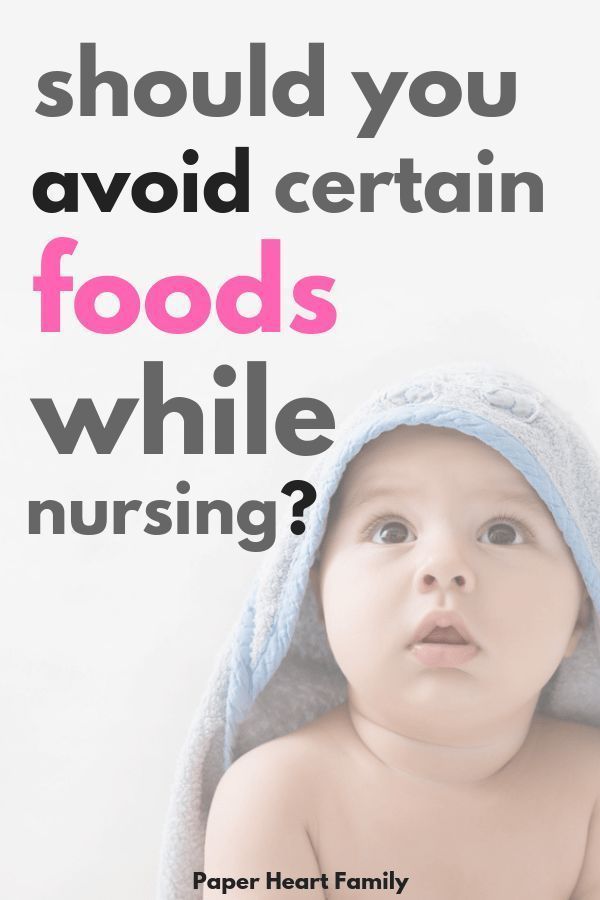 These are fish, meat and eggs. If you eat them raw, you can become infected with dangerous bacteria: listeria, salmonella, or botulinum bacteria. They are not transmitted through breast milk, but are not safe for the mother herself - you will probably have to take antibiotics, and this may affect the preservation of breastfeeding. That is, it's not about the products, but about the cooking method: if you want a steak, don't deny yourself, but ask for a well-dan. The same with sushi and slightly salted fish: take baked rolls or hot types of fish, and instead of poached eggs - normally boiled.
These are fish, meat and eggs. If you eat them raw, you can become infected with dangerous bacteria: listeria, salmonella, or botulinum bacteria. They are not transmitted through breast milk, but are not safe for the mother herself - you will probably have to take antibiotics, and this may affect the preservation of breastfeeding. That is, it's not about the products, but about the cooking method: if you want a steak, don't deny yourself, but ask for a well-dan. The same with sushi and slightly salted fish: take baked rolls or hot types of fish, and instead of poached eggs - normally boiled.
Coffee. The recommended amount of caffeine is up to 300 mg per day. How many mugs it is depends on the method of preparation. A baby may have a reaction to coffee, as well as to any product, but this is an infrequent occurrence.
How much caffeine is in a cup of drink
| Drink | Amount of caffeine, mg |
|---|---|
| Instant coffee | 100 |
| Americano, cappuccino | 80-90 |
| Can of Coke, 330 ml | 40 |
| Green tea | 30-50 |
Drink
Number of caffeine, mg
Soluble coffee
100
Americano, Kapuchino
80–90
Coca-Cola Bank, 330 ml
40
Green tea
30-50
What is the result
The diet of a breastfeeding mother is a myth.